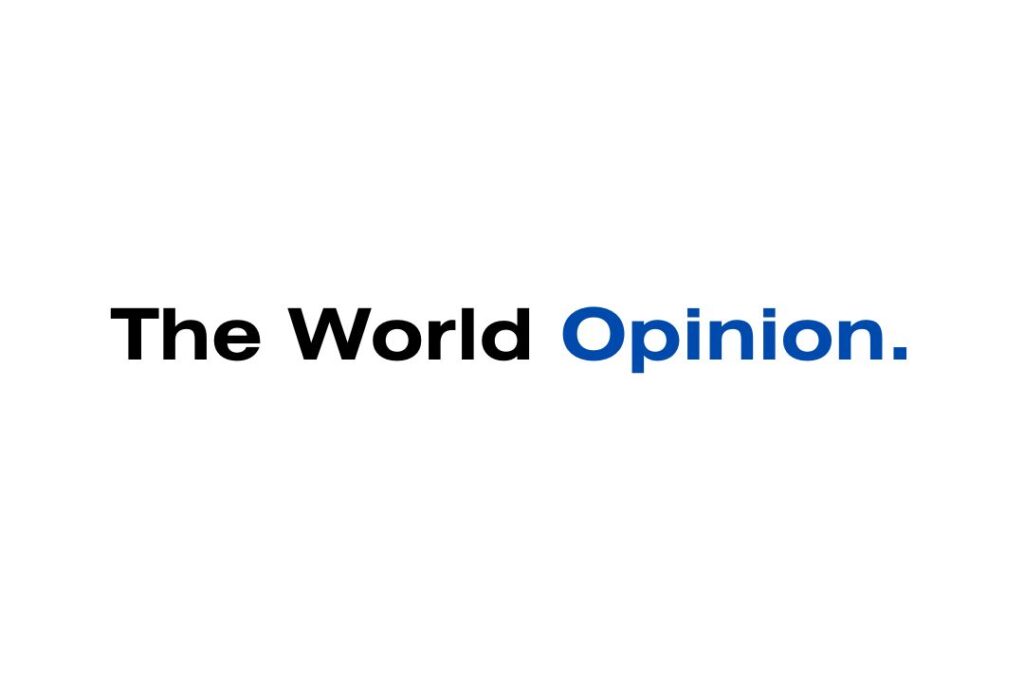As call for grows for specialised portfolios, a pattern referred to as direct indexing is instantly changing into an choice for extra traders.
Somewhat than proudly owning a mutual or exchange-traded fund, direct indexing is purchasing the shares of an index to reach objectives like tax potency, diversification or values-based making an investment.
Historically utilized by institutional and high-net price traders, direct indexing is poised to develop greater than 12% in keeping with 12 months, sooner than estimates for mutual finances and ETFs, in step with Cerulli Friends.
Extra from Private Finance:
Social Safety is not bankrupt: What we learn about long run advantages
70% of retirees would inform their more youthful selves to start out saving previous
Some ‘Safe 2.0’ proposals in Senate glance other from Area model
Corporations like Morgan Stanley, BlackRock, JPMorgan Chase, Forefront, Franklin Templeton, Charles Schwab and Constancy have already entered the gap, having a bet on broader get admission to.
“It says so much that those huge fund suppliers are leaning into direct indexing,” mentioned Adam Grealish, head of investments at Altruist, an consultant platform with a right away indexing product.
How direct indexing works
Charles Sachs, a licensed monetary planner and leader funding officer at Kaufman Rossin Wealth in Miami, mentioned some of the largest perks of direct indexing is flexibility.
Here is the way it works: Monetary advisors purchase a consultant percentage of an index’s shares and rebalance over the years, generally in a taxable brokerage account.
Direct indexing typically works very best for larger portfolios as a result of it can be expensive to possess a whole index. Then again, this barrier is shrinking as extra agents be offering so-called fractional buying and selling, permitting traders to shop for partial stocks.
Spice up portfolio returns via tax-loss harvesting
Some of the largest perks of direct indexing is so-called tax-loss harvesting, enabling traders to offset earnings with losses when the inventory marketplace drops.
Greater than part of actively-managed accounts do not obtain any tax remedy, in step with a Cerulli document.
“Direct indexing gives extra alternatives to tax-loss harvest as a result of there are merely extra person shares,” Grealish mentioned.
Direct indexing gives extra alternatives to tax-loss harvest as a result of there are merely extra person shares.
Adam Grealish
Head of investments at Altruist
Monetary professionals say direct indexing might be offering so-called tax alpha, offering upper returns via tax-saving tactics.
Certainly, strategic tax-loss harvesting might spice up portfolio returns by way of one proportion level or extra, in step with analysis from Forefront, that could be important over the years.
More uncomplicated to customise your portfolio
Direct indexing may additionally enchantment to these on the lookout for portfolio customization, equivalent to value-based traders who wish to divest from explicit sectors.
“Everybody’s values are fairly other,” mentioned Grealish. “So a fund isn’t one of the simplest ways to get pinpoint accuracy in expressing your values.”
Customization can be at hand for anyone with many stocks of a unmarried inventory who desires to diversify their portfolio.
Then again, direct indexing can have upper prices and extra complexity than purchasing a passively-managed index fund, Sachs mentioned.
Direct indexing changing into ‘democratized’
Even if the concept that has been round for many years, it is changing into extra available as primary asset managers input the gap and charges and account minimums drop.
“It is roughly being democratized,” mentioned Pete Dietrich, head of wealth indexes at Morningstar.
Whilst platforms with tax options and values-based making an investment customization can have value round 0.35% a 12 months and a part in the past, you may even see identical platforms round 0.3%, 0.2% and even decrease as of late, Dietrich mentioned.
Via comparability, the common expense ratio for passively controlled finances used to be 0.12% in 2020, in step with Morningstar.
“I believe you might be beginning to see round $150,000 to $250,000 account minimums, coming down in no time to $75,000,” he mentioned, noting some platforms are even decrease, relying on platform capacity.




